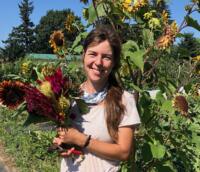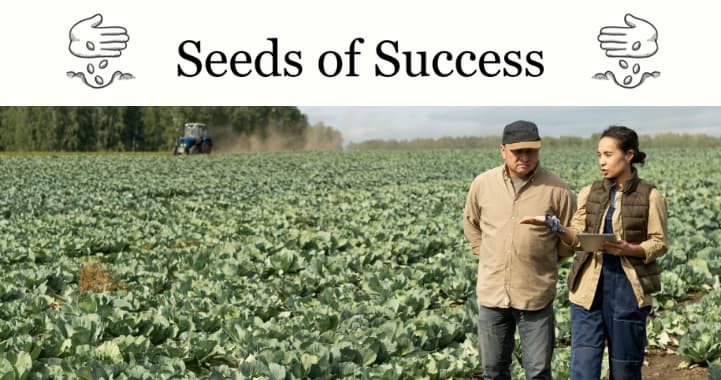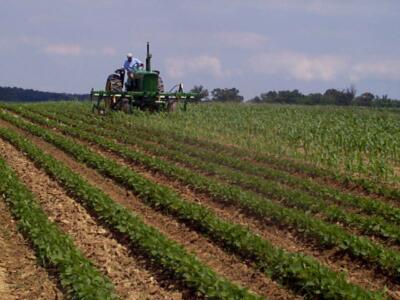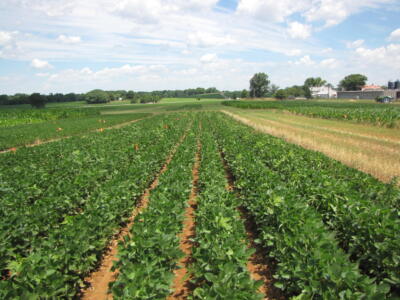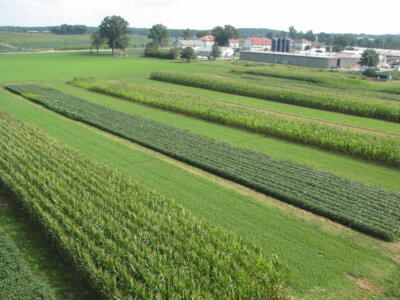Environmental Quality Incentives Program (EQIP)
Farmers across the U.S. are eligible for significant technical and financial assistance from the Natural Resource Conservation Service (NRCS).
Farmers and technical service providers know first hand that the most significant barriers to developing sustainable infrastructure and production practices are due to time and resource scarcity. NRCS’ EQIP program offers financial assistance and technical support to implement new conservation practices on your farm, with additional support for historically underserved applicants including socially disadvantaged, beginning, veteran, and limited-resource farmers and ranchers. In this blog post, we’ll provide an overview of what EQIP has to offer, and the steps to utilizing this program.
Note: all of this information is summarized in printable, downloadable PDFs, available in English and Spanish, at the bottom of this blogpost.
Nota: toda esta información se resume en archivos PDF imprimibles y descargables, disponibles en inglés y español, al final de esta publicación de blog.
Obtain additional translated materials, or schedule interpretation services for phone calls or in-person visits, https://www.farmers.gov/translations, or request personalized Spanish language support for any USDA resource, https://www.farmers.gov/translations#spanish-request.
Important Points:
- EQIP is a reimbursement program, most operations will have to pay for improvements up-front and get funding to cover those costs.
- Do not begin reimbursable conservation activities & projects prior to completion of your application process and contract with NRCS.
- Contacting your local NRCS office is a key step in determining your eligibility and beginning your application process.
- Applications are accepted on a rolling basis, and will be reviewed on the next ranking date for your state. Begin your application process as soon as possible to ensure completion by the next deadline! Applications are prioritized by local resource concerns and the applicant’s level of need.
- You will need to create a free online account at Farmers.gov and ensure that it is up to date.
- If you do not own your land, you will need to submit written permission from the owner with your application.
Step 1. Research Your Options. EQIP offers support for a broad scope of conservation activities & projects to producers including both financial and technical support. EQIP provides funds to reimburse costs associated with specific practices or infrastructure projects on a farm. EQIP’s most popular sub-programs include the High Tunnel Initiative, which covers the cost of high tunnel installation for production farms, the On Farm Energy Initiative, which covers the cost of energy-saving equipment and infrastructure improvements such as refrigeration units or greenhouse improvements, and the Organic Initiative, which provides up to $140k to certified organic or transitioning farms to implement conservation practices such as design and installation of efficient irrigation systems, nutrient & pest management strategies, or developing a grazing plan.
Step 2. Connect with USDA. Create or update your account at Farmers.gov, and contact your local NRCS office to get started. Your conservation specialist will confirm your eligibility and help you identify which projects & practices best suit your operation.
Guiding questions for initial contact with NRCS:
- “I’m interested in applying for EQIP’s _initiative(s) of interest_ for my farm to help finance _conservation project of interest_. What do you need from me to get started on my application?”
- “What additional funding opportunities are available to my farm?”
- “How soon can a conservationist help me set up a conservation plan (AD 1026)?”
- “When is the deadline for the next EQIP ranking period?”
- “I am eligible for the increased and advanced payment option for Historically Underserved farmers. How will this change my application process?”
- “I _(own/rent)_ my land. What documents will you need for completion of my EQIP application by the deadline?”
- “My farm is _certified/transitioning_ to organic. What additional will you need for completion of my conservation plan and application by the deadline?”
Step 3. Schedule your conservation plan development. Your NRCS conservation specialist will work with you to develop a conservation plan for your operation and complete the AD 1026 form.
Step 4. Gather your application documents. You’ll need your:
- Official tax ID (Social Security Number or Employer Identification Number)
- Adjusted gross income certification (Form CCC-941), which requires your Taxpayer ID Number and AGI from the previous 3 tax years.
- Deed, or property lease agreement and written authorization from the landowner to install structural or vegetative practices.
- Farm tract number (obtained from Farmers.gov or FSA membership).
- Documentation of organic certification (if applicable).
- Documentation of your land’s irrigation history (if applicable to project).
Step 5. Complete your application & submit! Your NRCS conservation specialist will complete & submit your application form (CPA 1200) with you using your established conservation plan and the above documents.
Step 6. Implement your plan. If you’re selected, you can choose whether to sign the contract for the work to be done. You’ll be provided with guidelines and a timeframe for implementing your plan. Once the work is implemented and inspected, you’ll be paid the rate of compensation for the work.
Apply for EQIP now, and reap the benefits of a more affordable path to sustainable agriculture. Your farm deserves the support it needs.
All of this information is summarized in a printable, downloadable PDF below, available in English and Spanish.



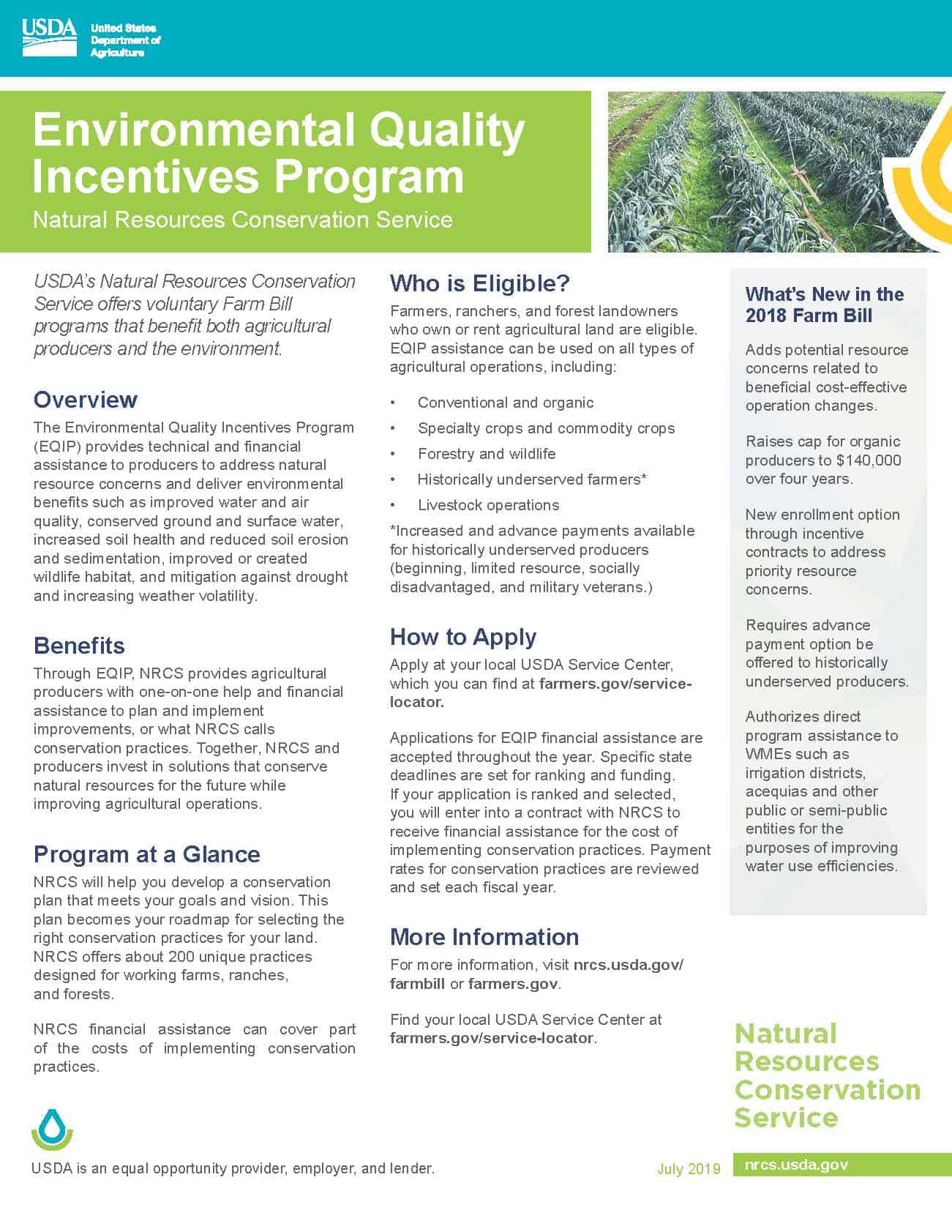
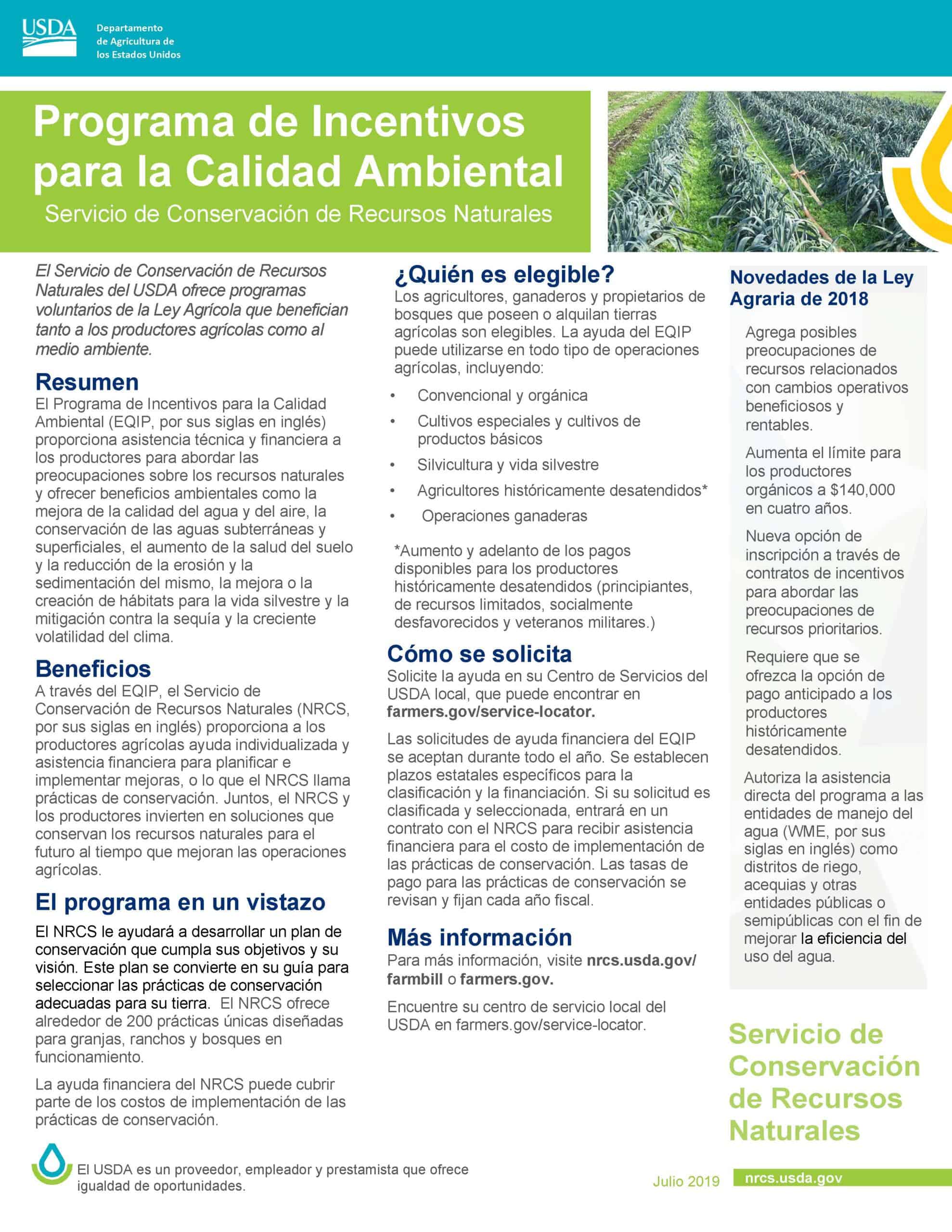
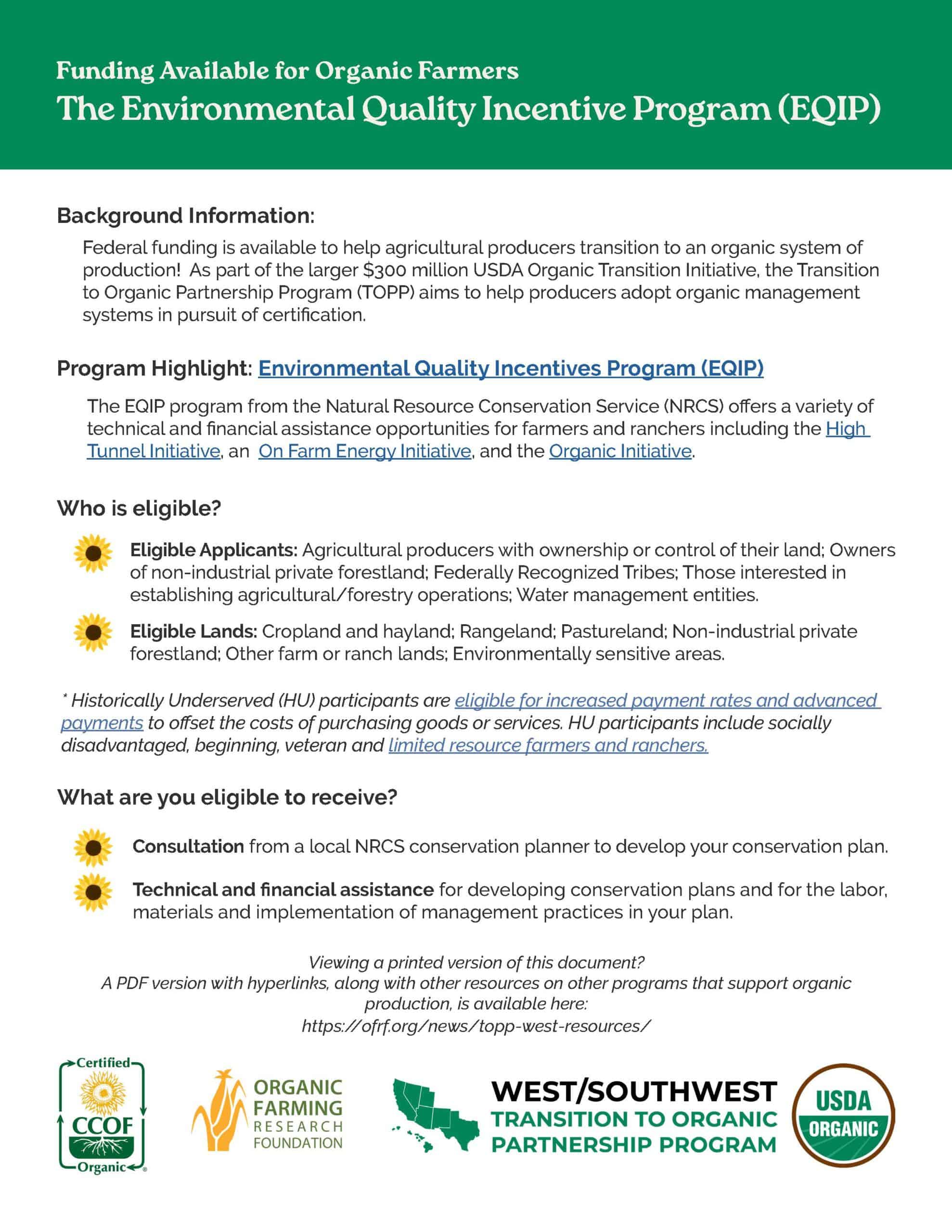


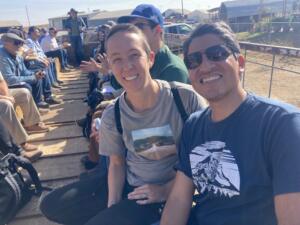
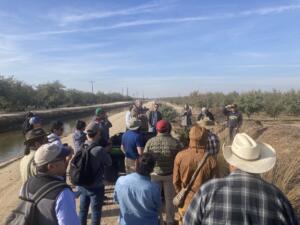
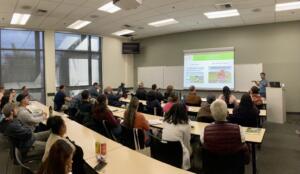
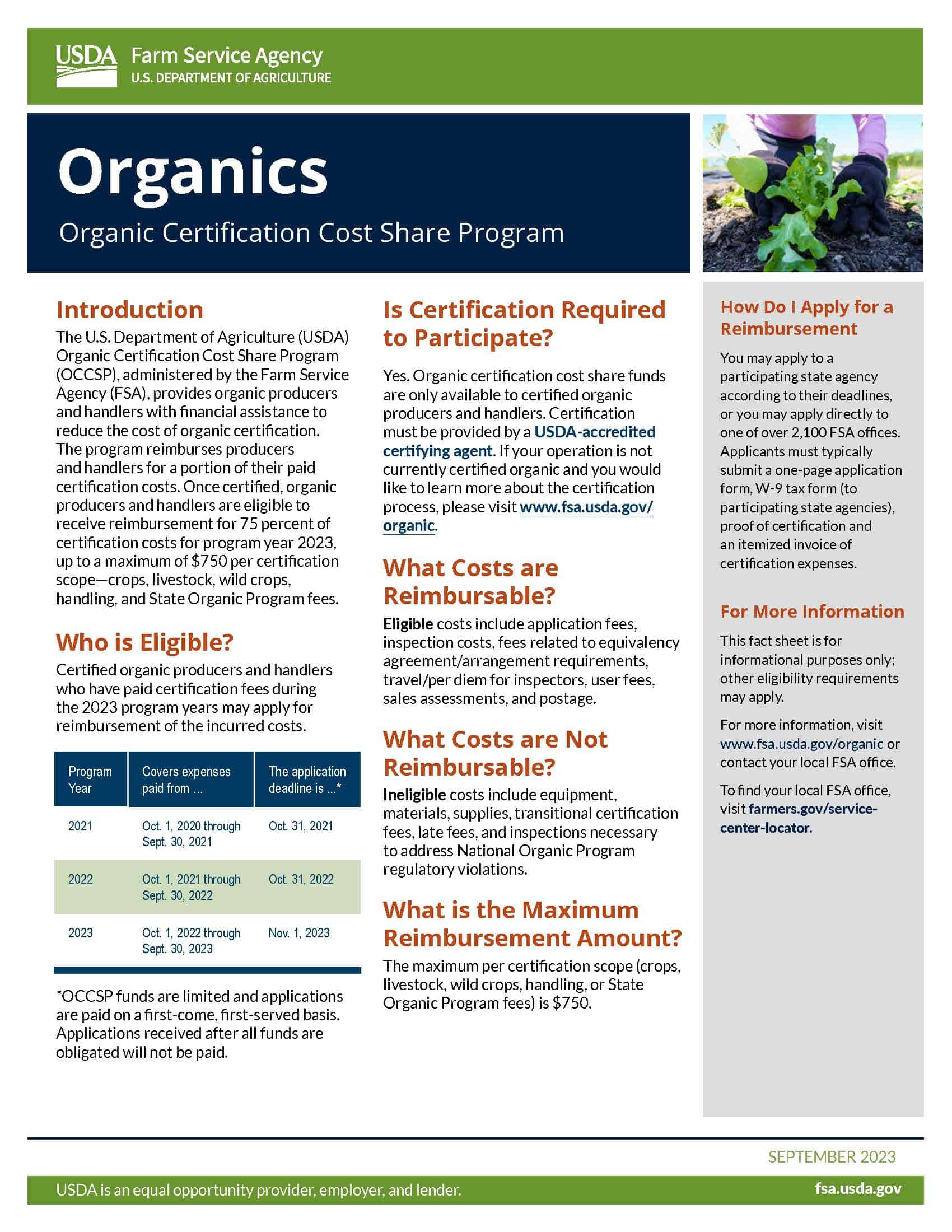
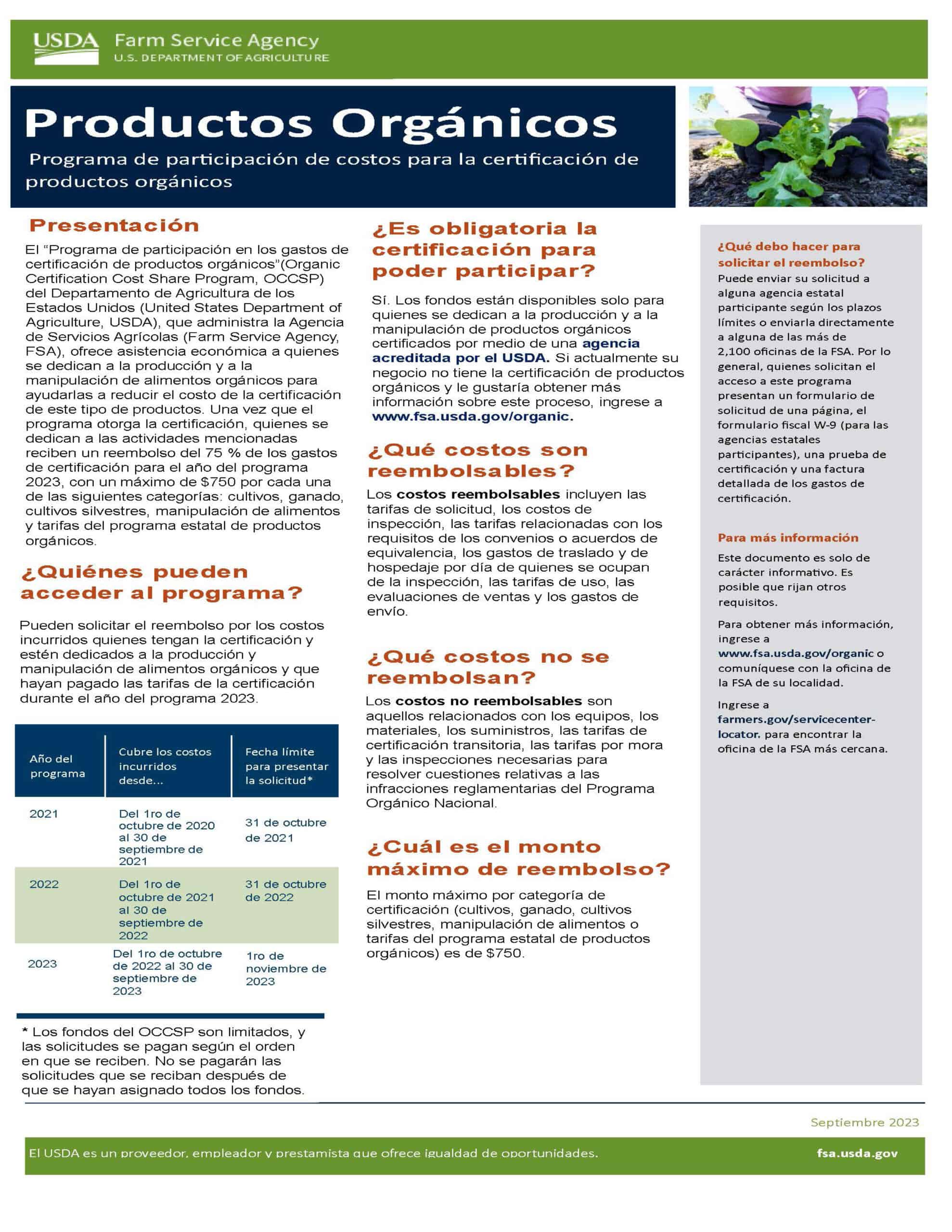
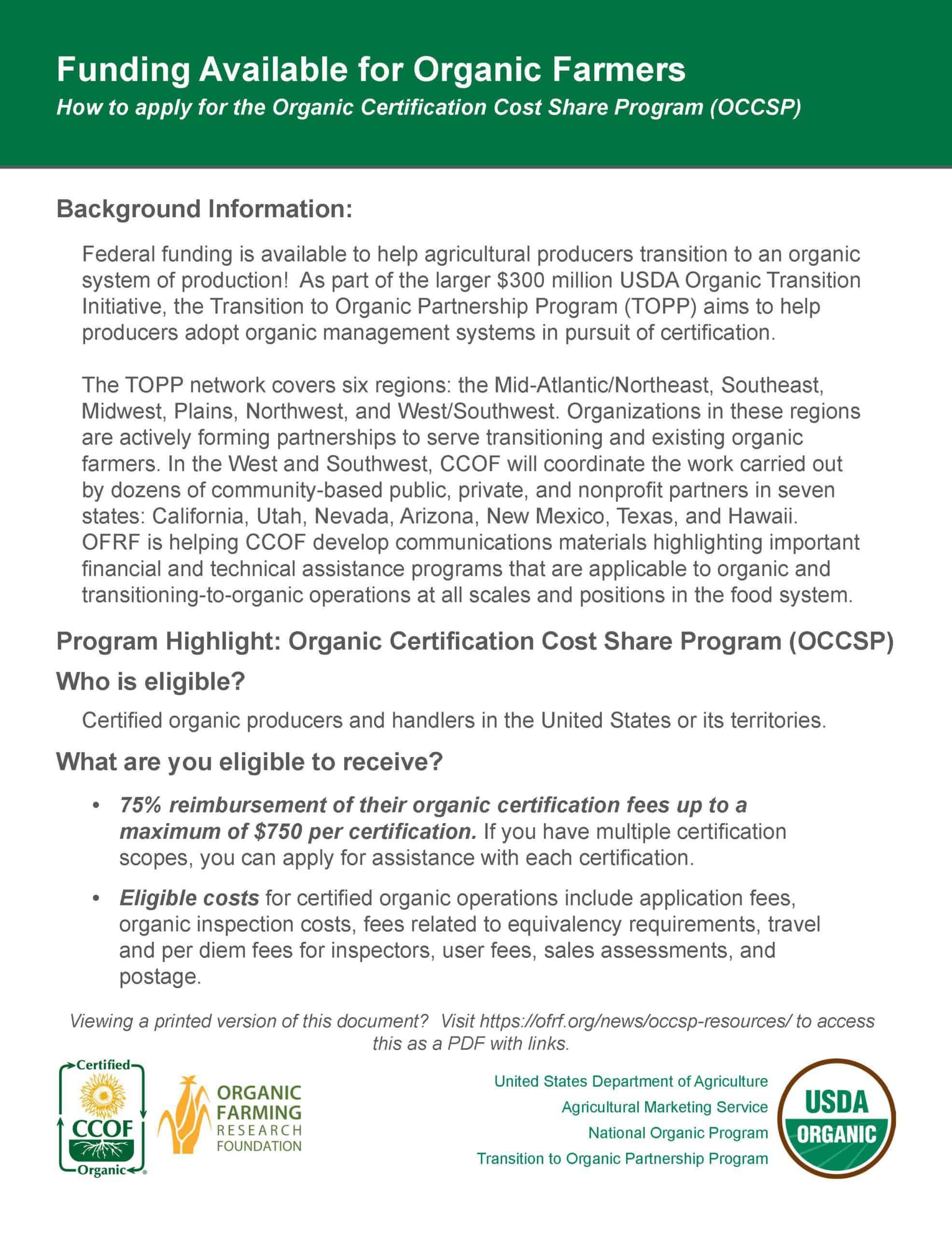
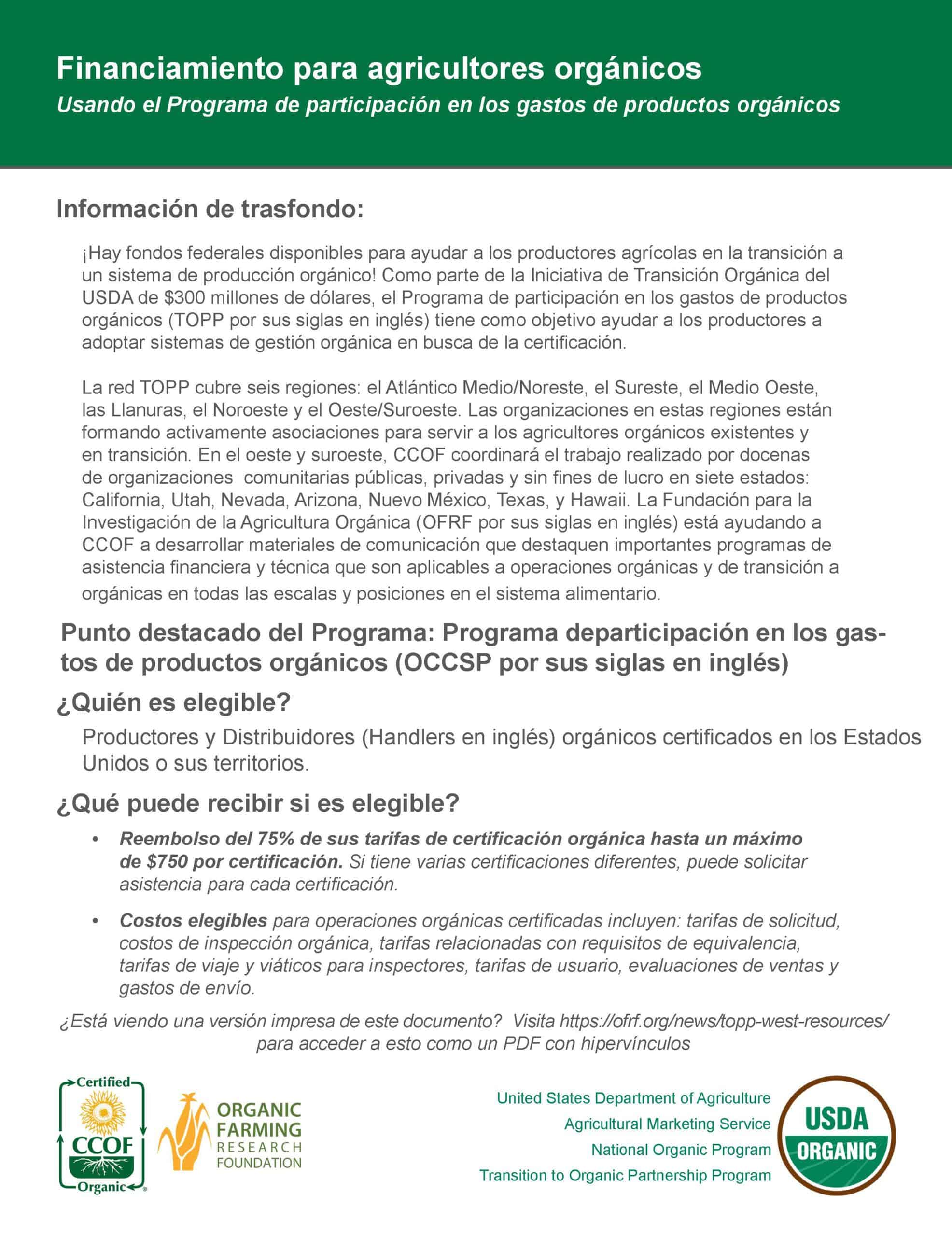
 Dr. Amaya Atucha is an Associate Professor at the University of Wisconsin-Madison (UW), specializing in
Dr. Amaya Atucha is an Associate Professor at the University of Wisconsin-Madison (UW), specializing in 





 Can organic soil health practices buffer the farm against drought and deluge? After a brief overview of soil moisture and the effects of inherent and dynamic soil properties on plant available water, this webinar discusses the impacts of climate change on soil health and farm water supply, ways to manage water quantity and quality in organic farming systems, the use of cover crops and soil water in challenging climates, and some irrigation challenges in organic production.
Can organic soil health practices buffer the farm against drought and deluge? After a brief overview of soil moisture and the effects of inherent and dynamic soil properties on plant available water, this webinar discusses the impacts of climate change on soil health and farm water supply, ways to manage water quantity and quality in organic farming systems, the use of cover crops and soil water in challenging climates, and some irrigation challenges in organic production. 

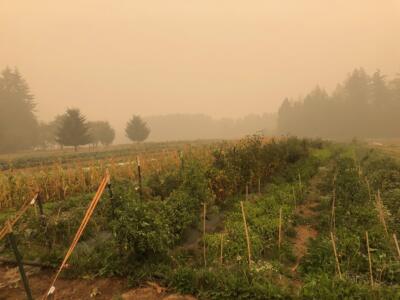
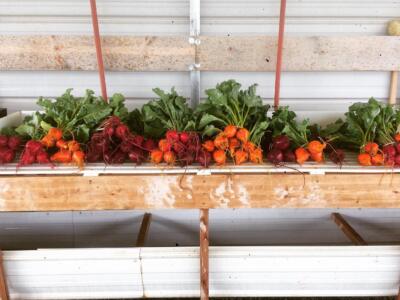 The first step toward promoting a healthier, more sustainable food system is ensuring federal and state governments support farm workers and local agricultural markets. Policymakers rely on researchers to demonstrate quantifiable issues within our food system and tangible opportunities to solve them. Only with this evidence, can advocates and policymakers demonstrate a critical need and rally support for meaningful policy development. Additionally, research can provide much needed technical and economic support for farmers to help improve their growing practices, increase yields, and make farming as profitable as it can be in light of the many barriers they face. In
The first step toward promoting a healthier, more sustainable food system is ensuring federal and state governments support farm workers and local agricultural markets. Policymakers rely on researchers to demonstrate quantifiable issues within our food system and tangible opportunities to solve them. Only with this evidence, can advocates and policymakers demonstrate a critical need and rally support for meaningful policy development. Additionally, research can provide much needed technical and economic support for farmers to help improve their growing practices, increase yields, and make farming as profitable as it can be in light of the many barriers they face. In 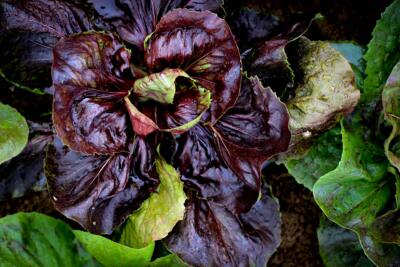 OFRF is also excited to be part of USDA’s
OFRF is also excited to be part of USDA’s 